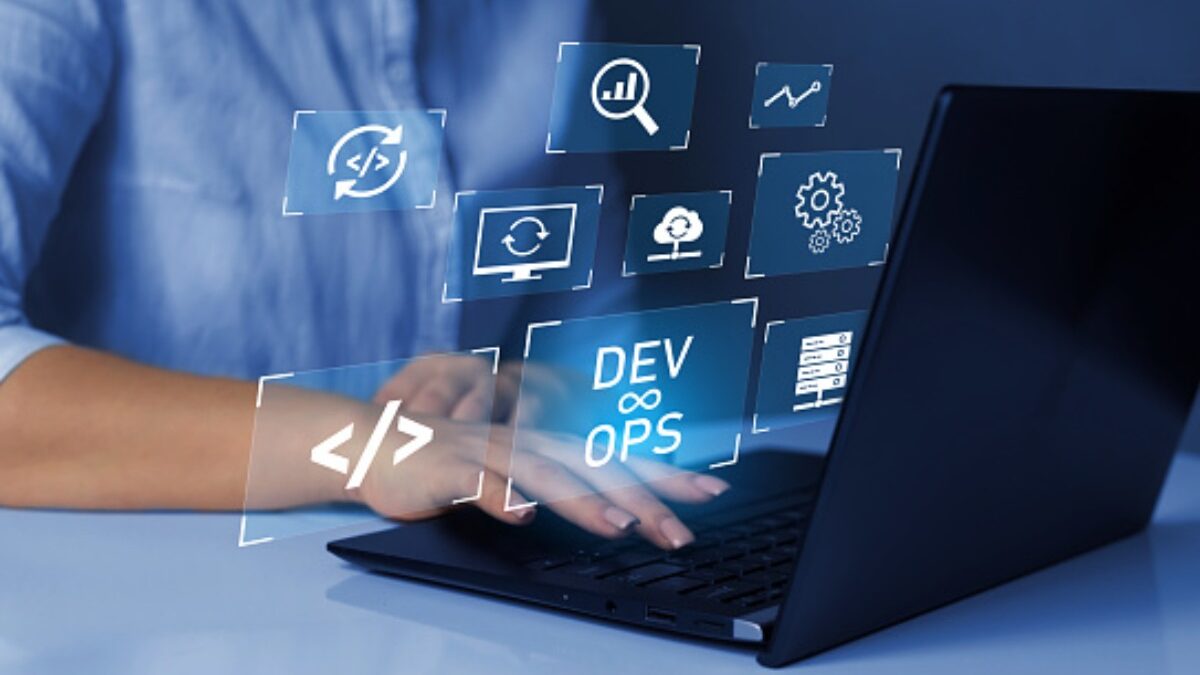The world of software development skills is in constant flux. That’s why staying on top of all the new tools, languages, and trends as they emerge is crucial. To make it easy, we’ve compiled a list of the top 5 must-have software development skills in 2023.
Table of Contents
Toggle1. Containerization
Containerization is the process of packaging applications as containers and shipping them to production. As a software developer, you should know the importance of containerization in keeping up with modern technology trends since it’s likely that your organization will be using containers at some point in its development cycle.
The first step in learning about container orchestration is understanding what a registry is and why it’s crucial for software developers to understand in 2023 and beyond: A container registry keeps track of all available images that can be used for container deployments. This makes managing large containers easier without manually configuring each host for each one deployed by an organization and ensuring that any changes made are reflected across all instances immediately. Hence, there aren’t any inconsistencies between versions running concurrently on machines across different locations or environments (such as testing vs. production).
2. Linux Sysadmin
The Linux operating system is everywhere: It’s the operating system of choice for most cloud providers, companies, and developers. As a result, there is an increasing demand for Linux sysadmin personnel who can manage the infrastructure of these applications and platforms.
In addition to managing your systems, you may work with or on behalf of others in roles such as DevOps (developer + operations) or infrastructure architect. It’s not unusual for these roles to be held by the same person.
3. Distributed Systems Architect
Distributed systems are becoming more common. They’re a great way to scale your system but require more expertise than a traditional monolithic app.
I’m not going to get into the details of what makes up a distributed system because there are plenty of resources on that topic already, for example, this complete guide on benefits of micro frontend—but here’s my simplified version:
A distributed system is one in which multiple processes communicate across separate machines. This can be accomplished using synchronous communication protocols like TCP/IP or asynchronous protocols like HTTP and WebSockets. When you build an application that uses either protocol, you’re building a distributed system in practice, even if it doesn’t meet all the technical requirements for being considered one.
The key takeaway is that these applications are much more complex to manage than their monolithic counterparts because several pieces (processes) work together simultaneously instead of just one process with everything inside it!
4. Docker DevOps
Docker DevOps is a combination of Docker and DevOps. Docker DevOps is a way to build, test, and deploy applications in a faster and more reliable way. It helps improve the development process by reducing time spent on building and testing code and improving reliability by allowing for less human error during deployment.
In addition to these direct benefits, Docker also provides some indirect benefits through improved collaboration among different teams (e.g., product managers) that want to work together on various projects throughout the development lifecycle (i.e., from ideation to launch).
The fact that you can share your source code with others without compromising security is also beneficial because it makes it easier for multiple people from different departments within an organization—such as those who work in IT or marketing—to contribute ideas about what features should be implemented next without having access to each other’s code. This can help reduce the time it takes for teams to get up and running with new projects, which is especially valuable in fast-paced environments where time is critical.
5. AI
AI is a big deal. Or, at least, it should be for anyone interested in software development. AI (artificial intelligence) is a buzzword that’s been around since the 1950s but has only recently started making headlines. In 2023 it will be even more significant than today and become a vital skill for all developers to learn.
Why? Because you can’t stay competitive without knowing this stuff!
AI has several meanings: It can refer to computers operating on their own without human intervention, those machines working in concert with humans, or computer systems that mimic human intelligence by learning from experience.
The latter category of machines—called “narrow AI”—is already here and proliferating, with advances being made every day across every industry sector imaginable, including healthcare, finance, transportation, and retail, to name a few examples where AI applications are being deployed today.
Also Read: How Managing From the Bottom Up Can Transform Your Business
Conclusion
We believe these are the most essential development skills for developers in the next few years. With AI being used everywhere and more and more people using containers and Linux, there is a massive demand for these skills across industries.
Related posts
Hot Topics
Understanding TruthFinder’s Background Check Features
Background checks have become increasingly relevant for personal safety and information gathering in digital environments. TruthFinder offers comprehensive background check…
How MLOps Is Shaping the Future of AI in Business
Artificial intelligence (AI) has evolved from a futuristic idea to a strategic necessity for companies looking to innovate, grow, and…



